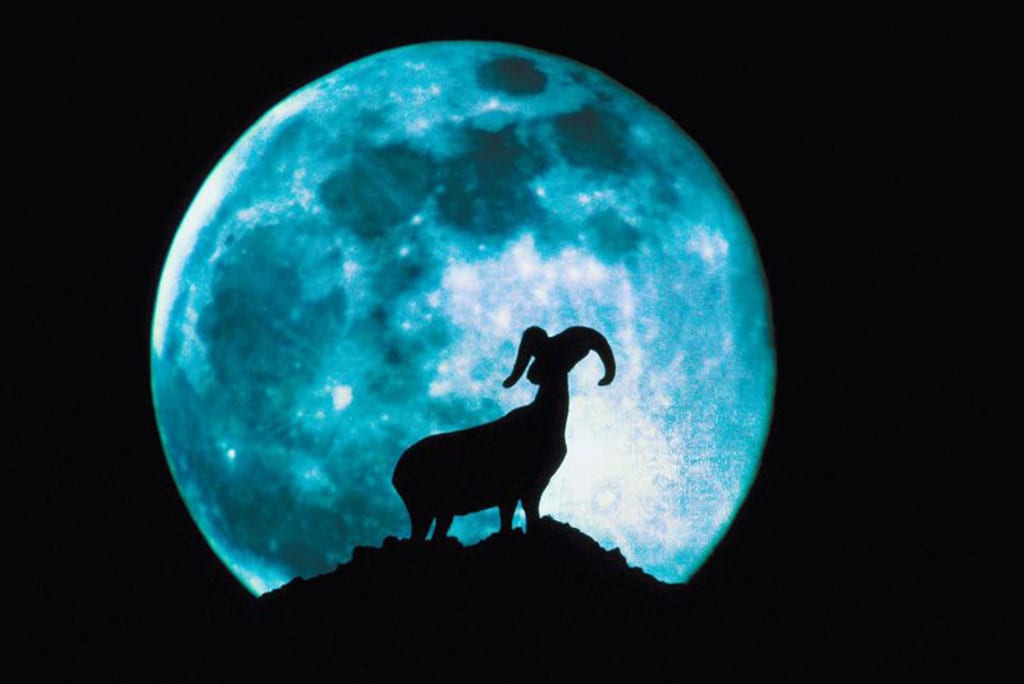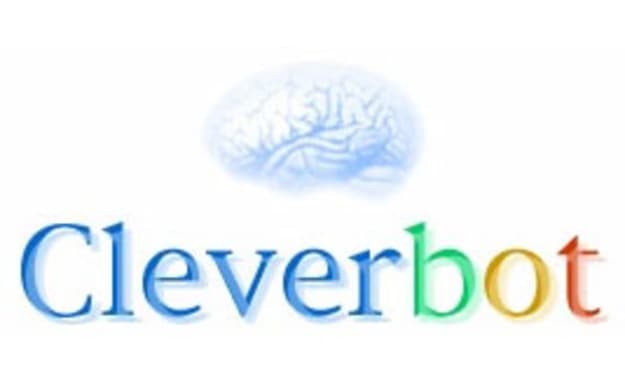Full Moon
The Eerie Power of the Earth's Moon in Fiction

The moon is of huge significance in the field of Earth science, controlling tides and seasons with its gravitational pull. In some respects, it symbolises man's ability to aim higher than our ancestors ever thought possible, and the exploration of worlds beyond our own.
For this reason, our fascination with the so-called final frontier has culminated in our long running obsession with our nearest and dearest neighbour. From the very inception of the science fiction genre, the moon has been used as a great symbol of human endeavour, and our fascination with travelling to other planets, and discovering new species.
The Tale of the Bamboo Cutter is one of the earliest examples of the moon in fiction. In this Japanese folktale, a baby is found inside of a stalk of Bamboo, and is raised by a farmer and his wife until the young girl discovers she has been sent to Earth from the moon.
The moon is an equally prevalent theme in folk stories and mythos around the world. Other works of fiction, including First Men on The Moon by H.G Wells, a serialised story following the discovery of a race of insectoid aliens, named the selenites, by a scientist and a businessman, are equally important works in shaping our continuing fascination with the moon. H.G Wells first wrote the story in 1900.
One of the first examples we have of the moon's usage and importance in modern cinema is George Melies's early film, A Trip To the Moon. A Trip To the Moon is one of the earliest examples of the development of modern science fiction filmography, and one of the earliest blockbuster films. The special effects used in this film were cutting edge at the time. In this film, we can find many of the tropes and recognisable aspects of the modern science fiction genre.
The speculative fiction genre, similarly, finds many inspirations in the moon. Both Vampire and Werewolf fiction traditionally view the moon as either a source of power or danger to supernatural creatures. The poem "Bisclaveret" (c. 1200) by Marie de France is one example of the appearance of werewolves in fiction, even though the idea of transforming into an animal is prevalent in early folklore.
For Vampires, the full moon is said to be able to cure them of wounds, and in some stories, they derive their power from it.
According to Morven Westfield:
Probably the strongest reason that we associate the full moon with vampires, though, has nothing to do with these legends. It has everything to do with visual arts. F.W. Murnau, who gave us Nosferatu, the first film adaptation of Dracula, also gave us the idea that vampires are destroyed by sunlight... After Nosferatu, the idea of vampires being destroyed by sunlight caught on and became canon. This presented a problem. If your movie scenes can't be set in daylight, you need some light to film in, and that light must therefore be moonlight.
Some Greek scholars like Aristotle and Hippocrates theorised that the moon could control the moisture in the brain in the same way it controlled the tide, therefore possessing the ability to change our behaviours. Alongside the belief in astrology and the impact of the cycles of the moon on human psychology, this has helped to shape modern monster mythos surrounding the moon.
Inherently, the moon is associated with cyclical movements, including the circle of life and circles of transformation. The moon is something that, until the moon landing, seemed both far away enough to inspire the human need for exploration, and close enough for that desire to become a very tangible goal.
About the Creator
Makenzie Ferrier
21, avid film buff and politics student






Comments
There are no comments for this story
Be the first to respond and start the conversation.